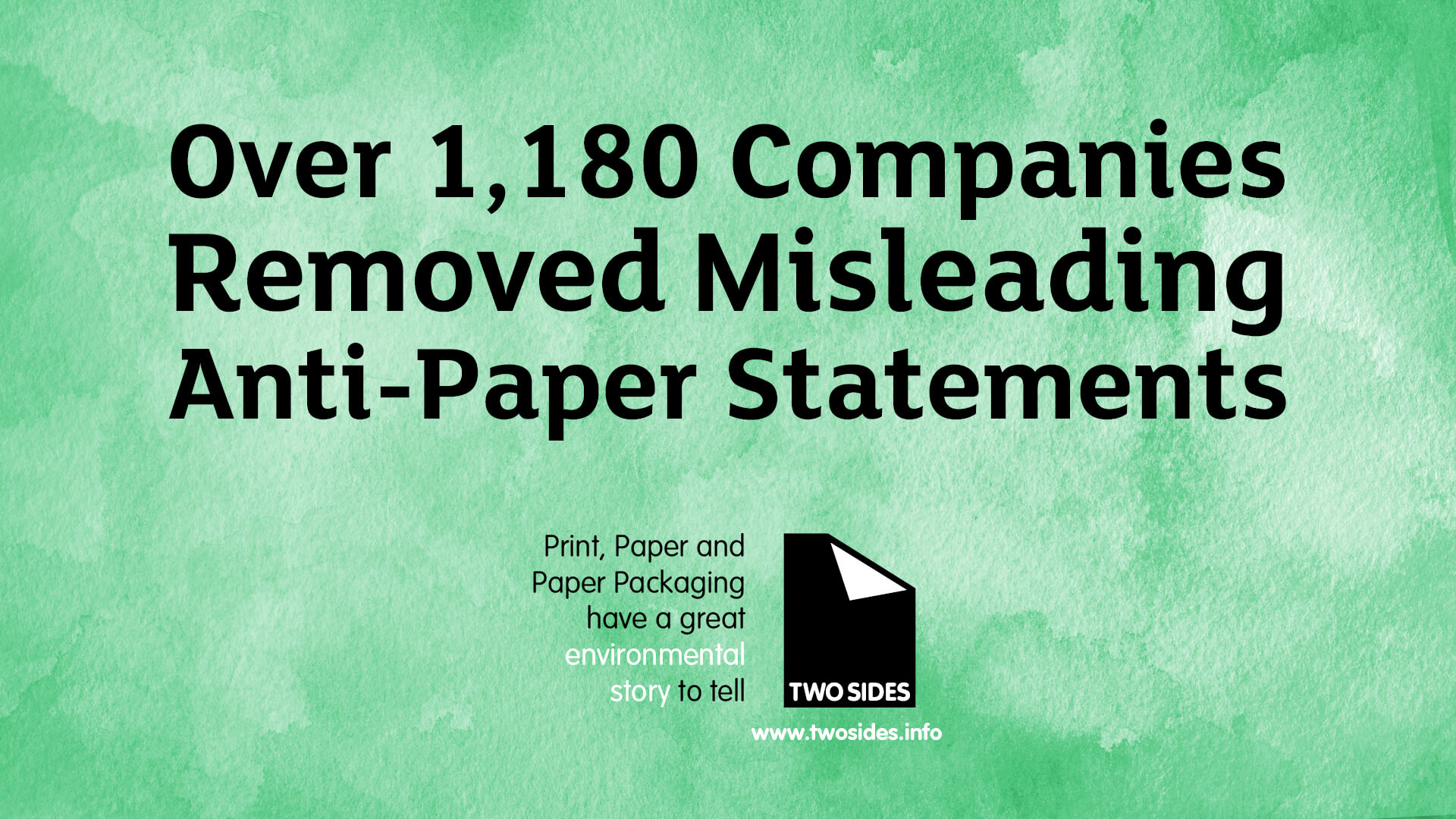11 September 2013

The compensatory award and claimant conduct after the fact
A question occasionally posed by employers in relation to the post-termination conduct of the employees they are being sued by is "does this not make a difference to things?". Often this pertains to a subsequent and similar termination from a different employer. Invariably the answer to this tends to be in the negative, that the current proceedings in which the employer finds themselves tangled are totally distinct and separate from the later acts of the claimant.
However following a recent Employment Appeals Tribunal (EAT) decision in the case of Cumbria County Council v Bates, there may now be a particular set of circumstances in which the criminal acts of a claimant may have the effect of reducing the compensation they could receive from an Employment Tribunal (ET).
In this case the claimant was a teacher who at his original ET hearing had been found to have been unfairly dismissed by the respondent Council. Post-dismissal he was convicted of common assault on a 16 year-old girl who was his former pupil; he was ultimately sentenced to six weeks imprisonment.
At the original hearing the Council had requested an adjournment until the outcome of the criminal proceedings could be determined. The reason proffered for this request was that a guilty verdict could affect Mr Bates' prospects of securing future employment and indeed his rate of pay should he be able to do so; this was therefore crucial in calculating his future lost earnings following his unfair dismissal as well as his pension loss. The ET however rejected this application and so refused to take into account Mr Bates post-termination conduct, on the basis that it was irrelevant in assessing his compensatory award.
On appeal the EAT overturned the decision and remitted the case to a fresh tribunal for re-consideration, confirming that the ET had erred in its approach to the matter. The EAT cited that the post-dismissal conduct of Mr Bates' would indeed have an effect on his future employment prospects and so consequently could substantially reduce any compensatory award.
Conclusion
Here we very arguably have a clear victory for common sense. Given the particular occupation of the Claimant in this case and the nature of the criminal offence committed, it follows that irrespective of his successful claim for unfair dismissal he was going to be effectively kicked out of his chosen profession after his conviction.
The principle established here does however have wider application beyond fallen educators. Clearly when an employee in another industry is convicted of a relatively serious criminal offence post-termination, and are successful in suing their employer at the ET, the same principle in relation to a reduction of their loss should apply.
The trick here however will be the former employer having knowledge of such a conviction. In the above case the offence related to the previous term of employment, in many instances this fact will not be mirrored.
An additional point for employers would be where they do have knowledge of such a conviction to ensure they inform their legal representatives so that it can be brought to the attention of the tribunal when it considers awarding compensation.
 Intergraf Economic News (Paper Prices) - April 2024
Intergraf Economic News (Paper Prices) - April 2024
19 April 2024
Access the latest edition of the Economic Newsletter for the European Printing Industry for data on paper consumption, and pricing data for pulp, paper and recovered paper.
 Two Sides Global Campaign Reports Increasing Greenwashing As Organisations Focus On Sustainability
Two Sides Global Campaign Reports Increasing Greenwashing As Organisations Focus On Sustainability
25 April 2024
Two Sides has challenged over 2,650 organisations found to be communicating greenwashing messages to their customers. Over 1,180 organisations have, so far, removed misleading anti-paper statements.
The BPIF is the printing industries champion. By becoming a member you join a diverse and influential community. We help you solve business problems, connect you to new customers and suppliers and make your voice heard in government.
Call 01676 526030









